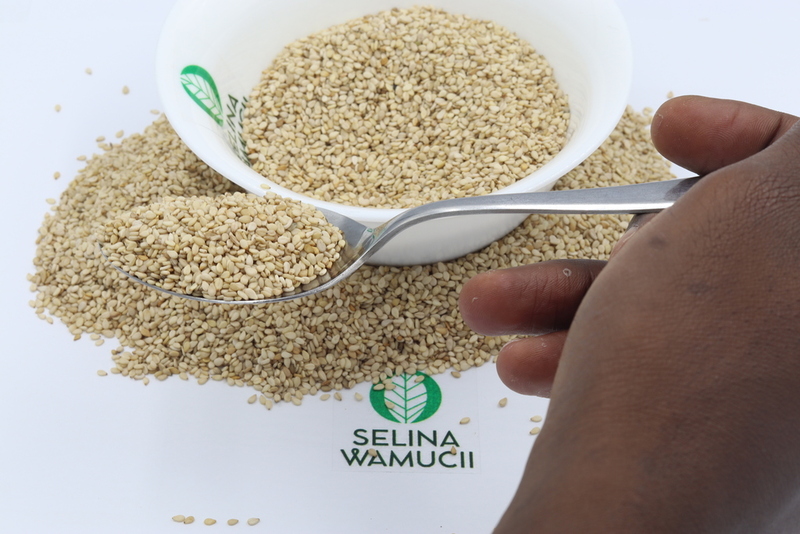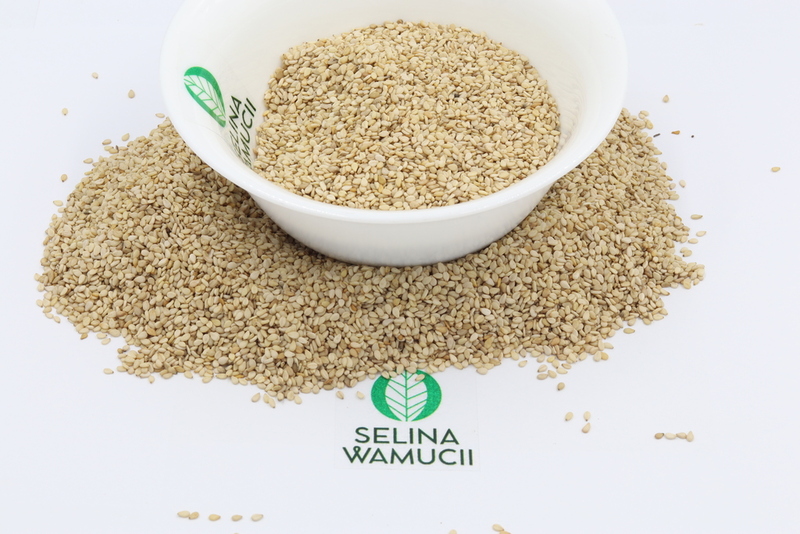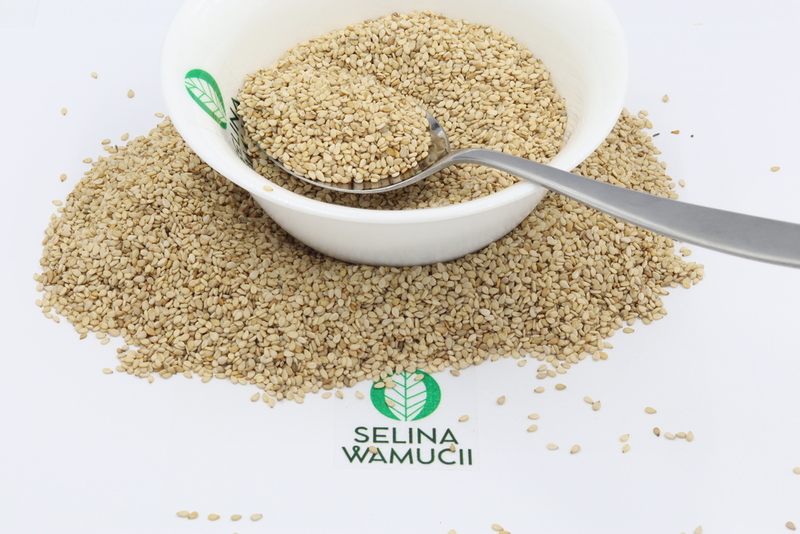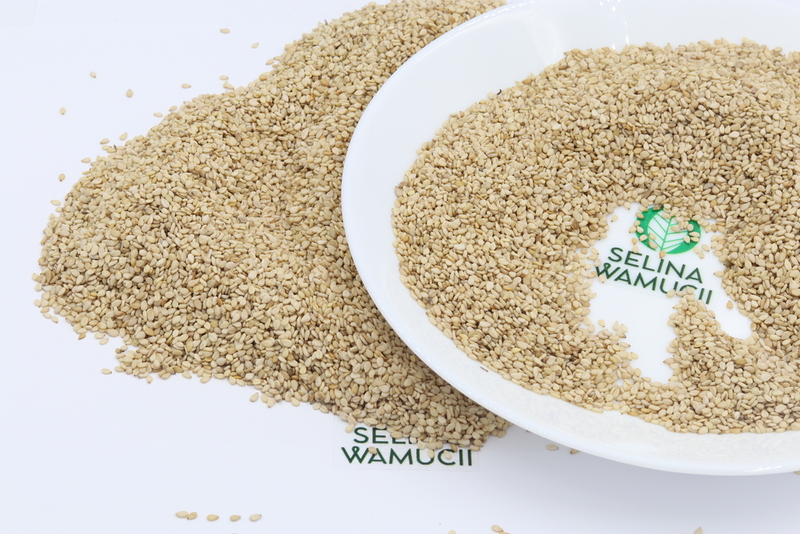Buy Nigeria Sesame Seeds Directly From Exporters & Suppliers - Best of 2024 Market Prices
| Summary | |
|---|---|
| Varieties | White sesame seeds Brown sesame seeds Mixed sesame seeds |
| Size | 3 mm long |
| Packing | New plastic pp bags 20kgs or 25kgs, Double packed. |
| Storage | Cool, dark, dry place |
| Season | April and November |
| Transport | Cool, dry location Travel temperature 5°c - 25°c 70% relative humidity |
Nigeria sesame seeds are its leading agricultural export. This product has a variety of uses in baking, in medicine, in cosmetics and as an animal feed. Sesame seeds are a source of vegetable oil that has no cholesterol making their oil the most demanded vegetable oil globally. It holds the eighth position in global edible seeds. The seed contains 50% oil and 25% protein and is rich in vitamin E, calcium, phosphorus and more health properties.
Sesame seed is the oldest domesticated oilseed. It is native to sub-Saharan Africa and originated from India. It dates 2000 years back to China and Egyptians used it as medicine at around the same time. In the 900BC, sesame seeds were used by Turks for their oil. The plant was imported to Europe during the first century, and Africans brought it to the United States in the 17th century during the slave trade.
Sesamum indicum is the annual herb that produces sesame seeds. The seeds are either yellow, black or red and have a mild, nut-like flavour. Sesame seeds are tiny, flat ovals, pearly white or cream and are about 3mm long. The tree can grow between 2 to 9 feet with one to three whitish purple flowers on their leaf axils.
Taraba, Jigawa, Nasarawa and Benue are the major states that produce Nigeria’s sesame seeds. Other states include Sokoto, Kogi, Gombe, Plateau, Yobe, Kano and Katsina. States across Nigeria that grow sesame seeds are at a total of twenty-six. Nigeria holds the spot for Africa’s largest exporter and the third place in the world. As of 2017, an annual 580,000 tonnes of sesame seeds are produced, with 90% of the sesame seeds produced getting exported.
The white grain has a white to golden colour and is also called the food grade. It is used as a salad and in bakeries and has higher market price compared to mixed seeds; yellow –dark brown varieties. This variety is used in its natural form due to their aesthetic value. The brown grain is called the oil grade and is used to produce sesame oil. With this variety being a mixed seed, it gets crushed into oil.
The Nigerian sesame seed is drought resistant; hence it thrives in the northern part of the country. It requires medium- textured, well-drained loam soil with a 5.5 to 6.7 ph. Commercial sesame seed plants need 3 to 4 frost-free months. They are also grown at 23°c and above conditions for growth and better yield. Despite the plant being drought-tolerant, it needs adequate moisture during its germination and early growth stages. The planting occurs between March and August, and the sesame seeds are available between April and November.
Harvest is in August and October. The sesame seeds take 4 -5 months to mature. They are harvested when half the capsules turn yellow. Delay may lead to loss of yield due to shattering of the fragile seeds. Harvesting gets done using sickles. The sesame seeds are after that cleaned and dehulled. Nigeria sesame seeds are stored in a cool, dry and dark place and packed in plastic polyethene or polypropylene bags. They get shipped in 16 to 19 tonnes containers. Cool conditions are necessary during the shipping as well as a travel temperature of between 5°c-25°c and a 70% relative humidity.
Nigeria exports to South Korea, Turkey, Japan, Vietnam, China via sea
Sign up to purchase Nigeria sesame seeds from our platform.
Get Instant Quote
Are you a producer of Nigeria Sesame Seeds or other products?
Sign up today for FREE to buy or sell Nigeria Sesame Seeds.





